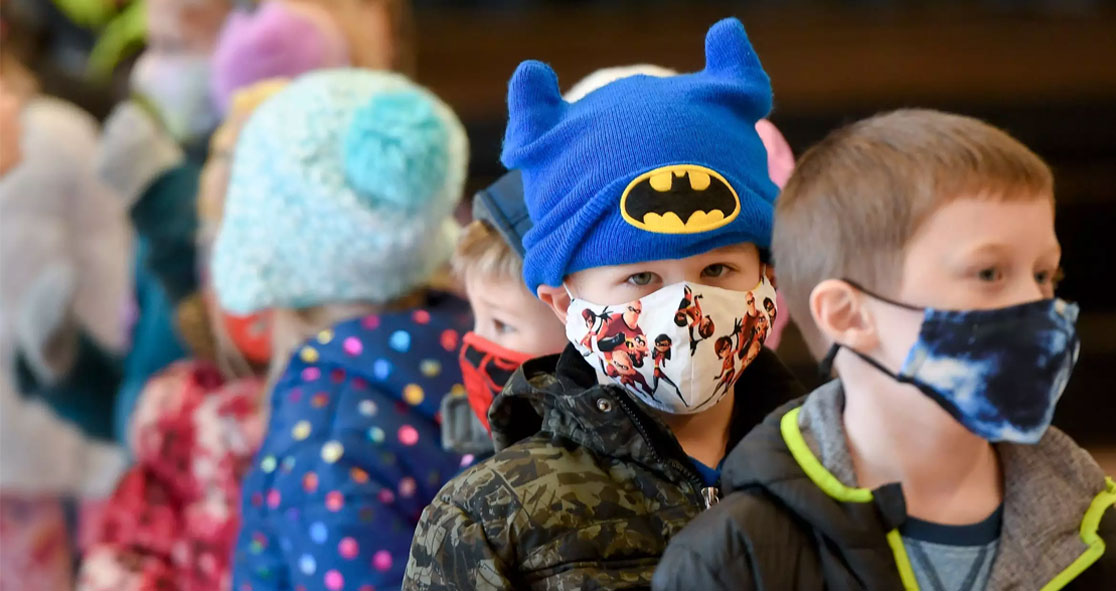Penn State researchers have created a statistical model that shows approximately 40,000 American children may have lost a parent to COVID-19 since February 2020, anticipating that they need immediate care and support.
Kids who lose a parent are at greater risk of developing a wide range of problems, including “prolonged grief and depression, lower educational attainment, economic insecurity and accidental death or suicide,” said Prof. Ashton Verdery, Department of Sociology and Criminology, Penn State.
He explained, “When we think of COVID-19 mortality, much of the conversation focuses on the fact that older adults are the populations at greatest risk. About 81% of deaths have been among those ages 65 and older according to the CDC.”
“However, that leaves 19% of deaths among those under 65 — 15% of deaths are among those in their 50s and early 60s and 3% are among those in their 40s,” he added. “In these younger age groups, substantial numbers of people have children, for whom the loss of a parent is a potentially devastating challenge.”
The researchers, who published their findings in JAMA Pediatrics, found that the statistics of parental death are grimmer for Black families, estimating that about 20% of the kids who lost a parent are Black even though only 14% of children in the U.S. are Black, according to Science Daily.
Children who lost a parent in the pandemic may face a lot of challenges, such as social isolation, educational strain and economic struggles. So, there is a need for immediate interventions.
Prof. Verdery said, “Teachers are such a vital resource in terms of identifying and helping at-risk children, and it is harder for them to do that when schools are operating remotely and teachers are so overburdened, making it vital to resume in-person instruction safely and support worn-out educators.”
The researchers suggest there is a need for a national effort to help kids who have lost their parents in the ongoing pandemic.
Prof. Verdery said, “I think the first thing we need to do is to proactively connect all children to the available supports they are entitled to, like Social Security child survivor benefits — research shows only about half of the eligible children are connected to these programs in normal circumstances, but that those who do fare much better.”
“We should also consider expanding eligibility to these resources,” he added. “Second, a national effort to identify and provide counseling and related resources to all children who lose a parent is vital.”
Previous studies have shown that brief, evidence-based interventions could help prevent severe mental health problems, although some children may need longer-term support. The article was originally published in Science Daily.























